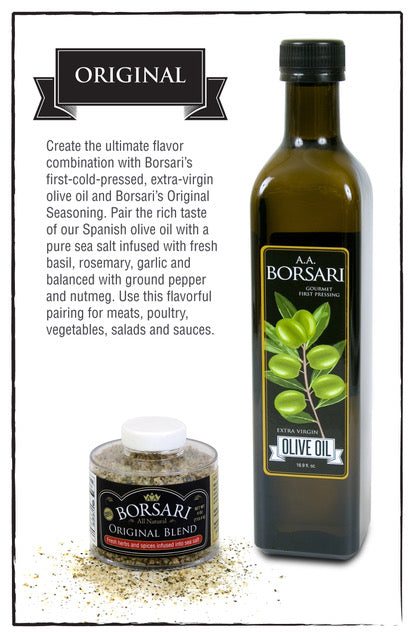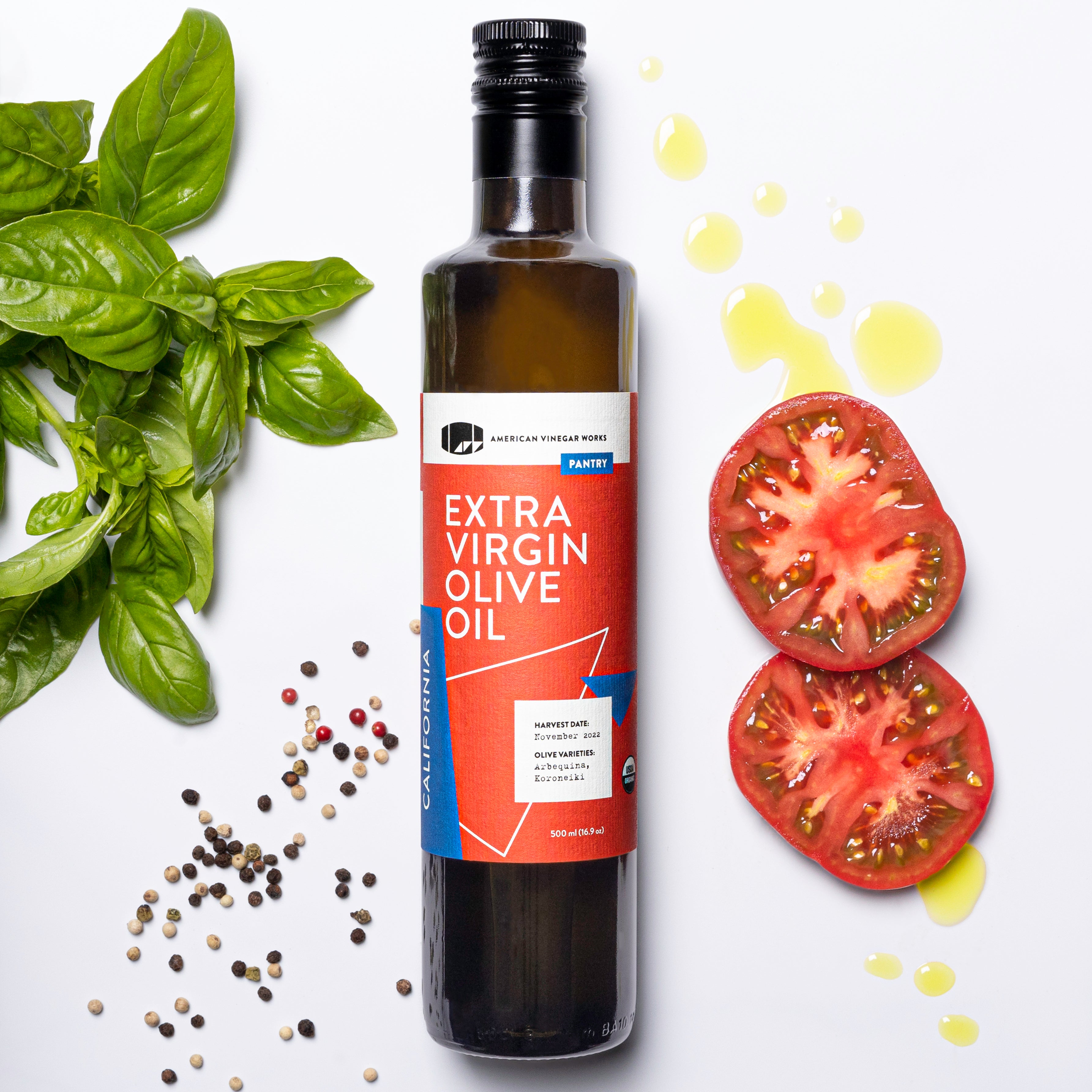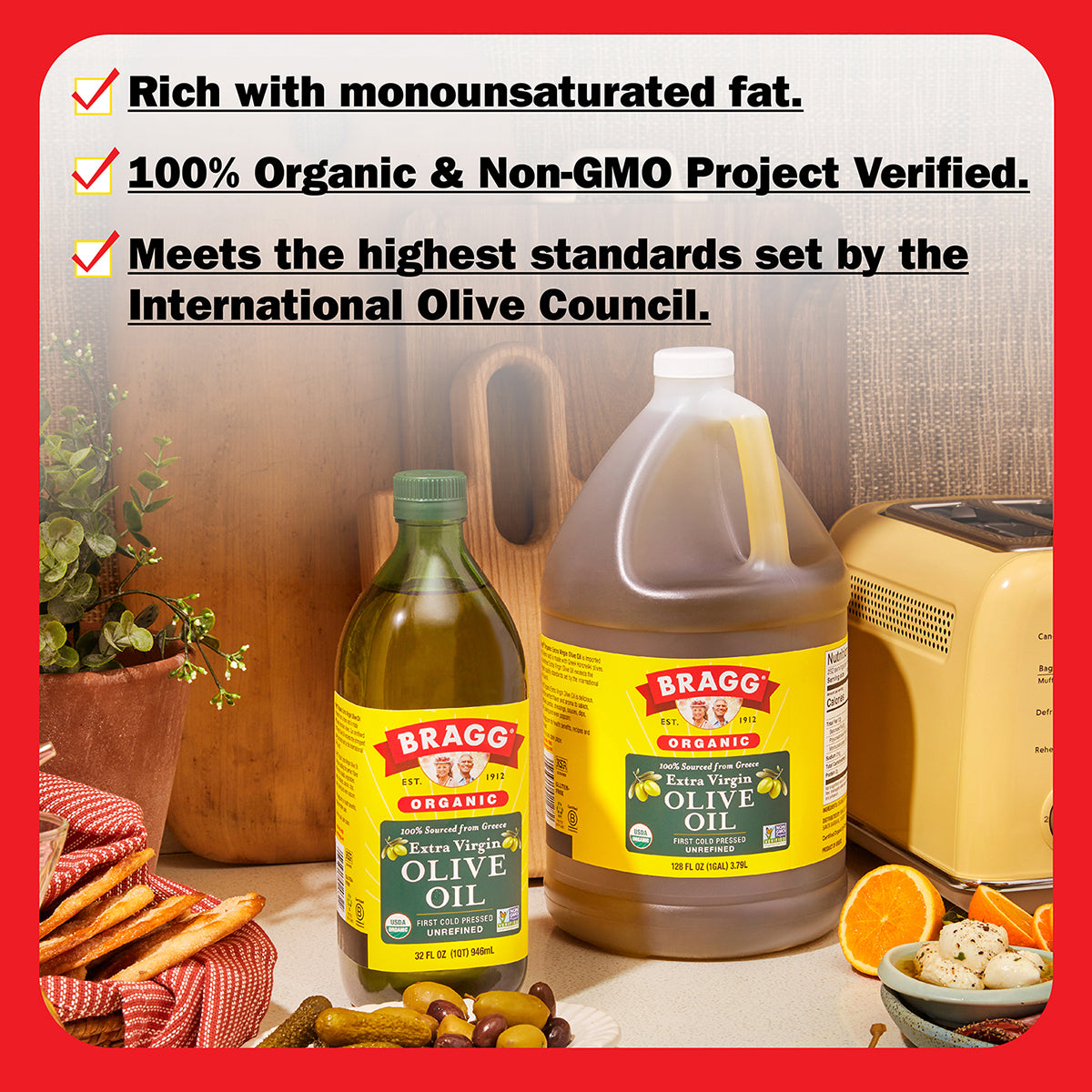The Top Extra Virgin Olive Oil Benefits That Can Transform Your Diet
Checking Out the Different Kinds Of Olive Oil and Their Usages, Including Bonus Virgin Olive Oil
The expedition of olive oil encompasses a diverse array of types, each offering culinary applications and distinctive flavors. Additional virgin olive oil, renowned for its premium quality and health and wellness benefits, offers as a staple in many kitchen areas, yet it is just one facet of this multifaceted component.
What Is Olive Oil?
Originated from the fruit of the olive tree, olive oil is a staple in Mediterranean food and a vital active ingredient in numerous cooking applications. This versatile oil is created by pressing entire olives, causing a liquid that varies in aroma, flavor, and color relying on the kind of olives utilized, the area of farming, and the removal procedure. Olive oil is mostly made up of monounsaturated fats, particularly oleic acid, which is understood for its possible wellness advantages, consisting of anti-inflammatory residential or commercial properties and cardiovascular support.
Along with its culinary uses, olive oil has a long background of application in typical medication and skin care, owing to its rich antioxidant content (extra virgin olive oil benefits). The oil is typically utilized in dressings, marinates, and for cooking methods such as sautéing and roasting. Its distinct flavor profile can boost the preference of different meals, making it a necessary component for both home cooks and professional chefs
Additionally, olive oil is commemorated for its function in the Mediterranean diet plan, which is connected with various health and wellness advantages. As awareness of these advantages grows, olive oil remains to gain appeal worldwide as a basic element of a healthy way of life.
Kinds of Olive Oil
Comprehending the various kinds of olive oil is vital for both health-conscious customers and culinary lovers. Olive oil is classified primarily based upon its extraction approach and quality, which dramatically impacts its health and wellness, fragrance, and flavor benefits.

Light olive oil, despite its name, describes a lighter flavor and not lower calories. It is perfect for those looking for an extra subtle preference in sauces and dressings. Furthermore, there are flavored olive oils instilled with herbs, spices, or citrus, which can boost recipes without the need for additional flavoring.
Each sort of olive oil offers certain culinary objectives, and recognizing these distinctions allows customers to make educated selections that line up with their cooking designs and wellness goals.
Extra Virgin Olive Oil
Additional virgin olive oil (EVOO) is widely regarded as the finest olive oil readily available, renowned for its rich taste and various wellness benefits. To be identified as extra virgin, the oil needs to be created from fresh olives using mechanical processes, without making use of solvents or extreme warmth. This precise approach preserves the oil's natural flavors, anti-oxidants, and healthy fats, leading to an item with a low level of acidity degree of less than 0.8%.
EVOO is bountiful in monounsaturated fats, especially oleic acid, which is connected to reduced inflammation and boosted heart health. It likewise has polyphenols, powerful anti-oxidants that may offer safety effects against persistent conditions. The flavor account of EVOO can differ considerably depending upon the olive selection and region of production, varying from grassy and fruity to durable and sharp.

Culinary Utilizes of Olive Oil

In cooking, olive oil can be made use of for sautéing, toasting, and cooking, supplying a much healthier option to butter or various other fats. Its high smoke factor makes it appropriate for different cooking methods, while its antioxidants add to a heart-healthy diet regimen. Sprinkling olive oil over completed dishes, such as pasta, fish, or barbequed vegetables, can elevate tastes and include a touch of sophistication.
Furthermore, olive oil plays a significant role in cooking, where it can replace conventional fats in dishes for look at here now bread and breads, presenting dampness and a refined taste. It also acts as a base for infused oils, allowing cooks to experiment with tastes such as garlic, herbs, or chili, further increasing its cooking potential. On the whole, olive oil's flexibility makes it important in both home and professional cooking areas.
Deciding On Quality Olive Oil
When picking quality olive oil, it's vital to take into consideration several vital factors that affect the product's scent, flavor, and wellness benefits. Choose for added virgin olive oil (EVOO), which is derived from the very first cool pressing of olives and consists of the highest possible levels of antioxidants and helpful compounds. Search for oils that are licensed by recognized organizations, as this usually guarantees adherence to stringent top quality standards.
The product packaging additionally plays a substantial duty in protecting the oil's honesty. Pick oils kept in dark glass containers or tins to protect against light deterioration. Pay focus to the harvest day; fresher oils provide remarkable taste and nutritional value, so choose products that are within 18 months of their harvest.
In enhancement, take into consideration the beginning of the oil. Top quality olive oils typically originate from certain areas understood for their unique taste profiles, such as Italian, Spanish, or Greek oils. why not try this out Lastly, recognize the preference; a top quality olive oil must have an equilibrium of fruity, bitter, and sharp notes, showing its splendor and intricacy. By evaluating these factors, you can guarantee you are picking the very best olive oil for your culinary needs.
Conclusion
In recap, the expedition of different kinds of olive oil discloses unique features and applications, with extra virgin olive oil standing for the peak of top quality due to its low level of acidity and high antioxidant material. Its convenience in cooking uses boosts flavors in dressings, marinades, and drizzles. Comprehending the different selections of olive oil enables for educated options in food preparation techniques, promoting much healthier practices while enriching the general gastronomic experience. Quality selection continues to be crucial for optimal advantages.
Derived from the fruit of the olive tree, olive oil is a staple in Mediterranean cuisine and a key component in different culinary applications.The most typical kinds of olive oil consist of fine-tuned olive oil, pure olive oil, and light olive oil.Additional virgin olive oil (EVOO) is extensively related to as the highest high quality olive oil readily available, celebrated for its rich flavor and countless health benefits. Choose for added virgin olive oil (EVOO), which is acquired from the first chilly pushing of olives and consists of the highest levels of anti-oxidants and helpful compounds.In summary, the exploration of various kinds of olive oil discloses distinct qualities and applications, with additional virgin olive oil representing the peak of high quality due to its low acidity and high antioxidant content.